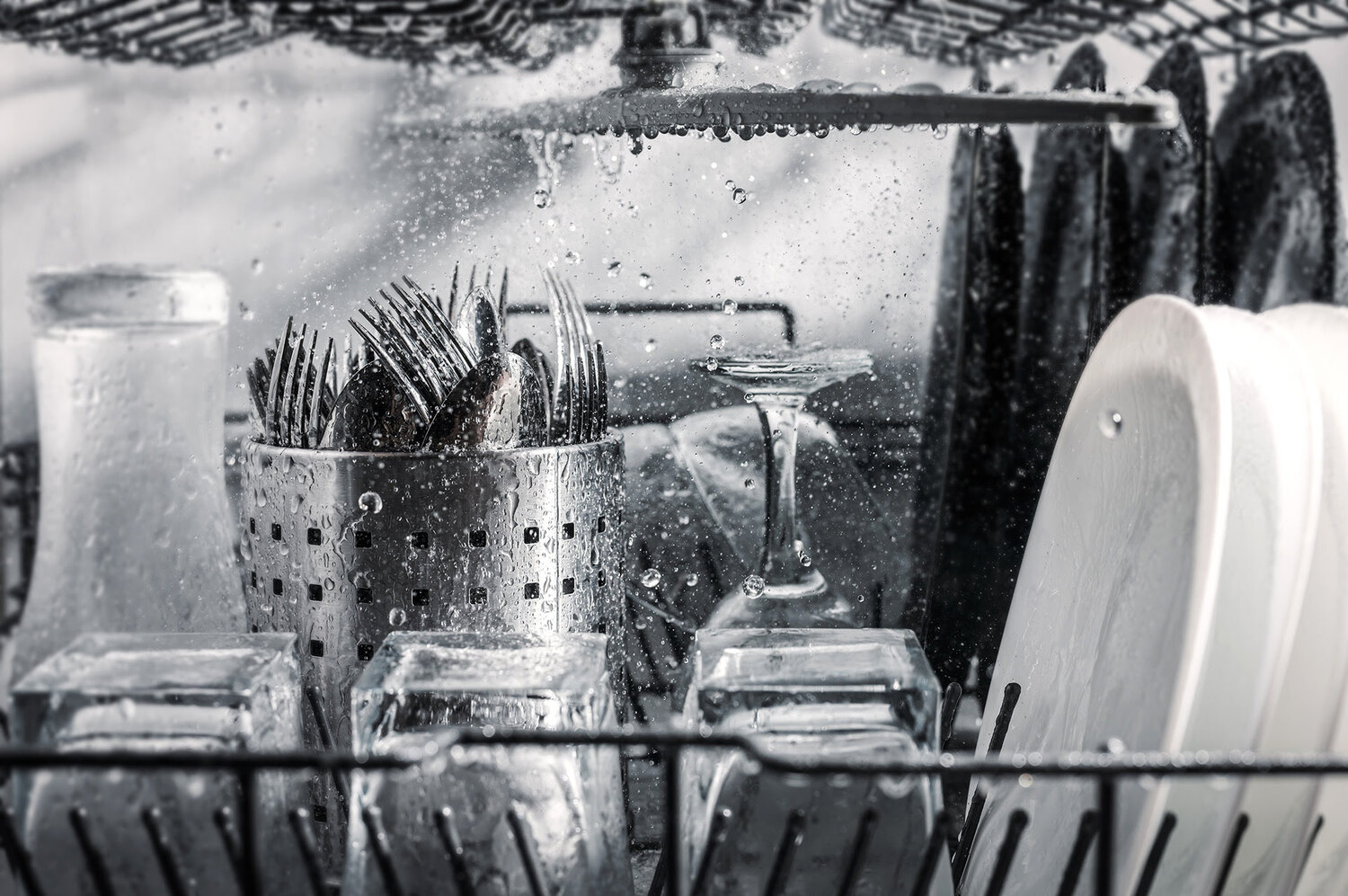

Articles
How Much Water Does Dishwasher Use
Modified: January 6, 2024
Discover how much water dishwashers use with this informative article. Learn about water-saving tips and ways to reduce your environmental impact.
(Many of the links in this article redirect to a specific reviewed product. Your purchase of these products through affiliate links helps to generate commission for Storables.com, at no extra cost. Learn more)
Introduction
Welcome to our comprehensive guide on understanding water consumption in dishwashers. When it comes to household appliances, the dishwasher is a true time and energy saver, taking care of the tedious task of washing dishes. However, have you ever wondered how much water your dishwasher actually uses?
In this article, we will delve into the world of dishwasher water usage, exploring the factors that affect water consumption and providing insights into the water usage of standard and energy-efficient dishwashers. We will also share some valuable tips on how you can reduce water consumption without sacrificing cleaning performance. So, let’s dive in!
Dishwashers are a staple in modern kitchens, and they offer a convenient and efficient way to clean dishes, utensils, and cookware. But it is important to understand the environmental impact of this appliance, particularly when it comes to water usage.
By having a clear understanding of how much water your dishwasher uses, you can make more informed decisions about water conservation and explore ways to reduce your carbon footprint. So, let’s explore the factors that influence dishwasher water usage and how it differs between standard and energy-efficient models.
Stay tuned as we break down the numbers and provide you with practical tips to minimize water consumption while still enjoying the convenience of a dishwasher.
Key Takeaways:
- Understanding water consumption in dishwashers is essential for making informed decisions about water conservation and reducing your carbon footprint. Factors such as dishwasher size, cycle selection, and sensor technology all play a role in optimizing water usage.
- Energy-efficient dishwashers use innovative technologies to minimize water consumption without compromising cleaning performance. From sensor technology to efficient spray arms and water-conserving cycles, these advanced appliances offer a sustainable solution for reducing water usage.
Read more: How Much Energy Does a Dishwasher Use
Understanding Water Consumption in Dishwashers
When it comes to water usage, dishwashers can vary significantly depending on several factors. Understanding these factors will help you comprehend how water is consumed in your dishwasher and how you can optimize its usage.
The primary factor influencing water consumption in dishwashers is the size and capacity of the appliance. Larger dishwashers typically require more water to fill and operate efficiently. As a result, they tend to consume more water compared to smaller models.
Another critical factor that determines water consumption is the type of dishwasher cycle selected. Different cycles have varying water requirements. For example, a normal or heavy cycle is likely to use more water to thoroughly clean heavily soiled dishes, while a quick or eco cycle may use less water but may not provide the same level of cleanliness.
Additionally, some dishwashers come equipped with sensors that detect how dirty the dishes are and adjust the water usage accordingly. These sensors optimize water consumption by using less water if the dishes are lightly soiled and more water if they are heavily soiled.
Furthermore, older dishwasher models tend to use more water compared to newer, more advanced models. Technological advancements have allowed manufacturers to design dishwashers that are more water-efficient while still providing excellent cleaning performance. So, if you’re using an older dishwasher, it may be worthwhile to consider upgrading to a newer, more eco-friendly model.
Ultimately, the goal is to strike a balance between water conservation and achieving clean dishes. Finding the right combination of size, cycle selection, and dishwasher model is key to optimizing water consumption while maintaining cleanliness.
Now that we have a better understanding of the factors influencing water consumption in dishwashers, let’s explore how water usage differs between standard and energy-efficient models.
Factors Affecting Dishwasher Water Usage
Several factors can influence the water usage of a dishwasher. Understanding these factors will not only help you make more informed purchasing decisions but also enable you to optimize water consumption while maintaining efficient cleaning performance.
Dishwasher Size and Capacity: The size and capacity of the dishwasher play a significant role in determining water usage. Larger dishwashers generally require more water to fill and accommodate a larger number of dishes. If you have a small household with minimal dishwashing needs, opting for a smaller dishwasher can help reduce water consumption.
Cycle Selection: The cycle you select on your dishwasher can have a significant impact on water usage. Different cycles have varying water requirements. A “normal” or “heavy” cycle is designed for heavily soiled dishes and may use more water to ensure thorough cleaning. Conversely, a “quick” or “eco” cycle is designed to use less water but may not provide the same level of cleanliness. Consider the level of soil on your dishes and select an appropriate cycle to balance water conservation and cleaning performance.
Sensor Technology: Many modern dishwashers come equipped with sensors that detect the level of dirtiness on dishes. These sensors adjust the water usage accordingly, using less water for lightly soiled dishes and more water for heavily soiled ones. This technology helps optimize water consumption without compromising cleanliness.
Dishwasher Age: Older dishwasher models tend to use more water compared to newer models. Technological advancements have led to the development of energy-efficient dishwashers that use less water while still achieving excellent cleaning performance. If you have an older dishwasher, consider upgrading to a newer, more water-efficient model to reduce water consumption in your household.
Load Size: It is important to load the dishwasher efficiently to make the most of every wash cycle. Overloading the dishwasher can lead to inefficient cleaning and may require additional cycles, thus increasing water usage. On the other hand, running the dishwasher with only a few dishes or utensils wastes water. Aim to load the dishwasher to its recommended capacity to avoid underutilization or overload.
Prewashing: Many people prewash their dishes before loading them into the dishwasher, believing it will lead to better cleaning results. However, most modern dishwashers are designed to handle normal levels of food debris without requiring prewashing. By skipping this step, you can save water and time, reducing overall water consumption.
By considering and optimizing these factors, you can significantly reduce water usage in your dishwasher while still achieving clean and sanitized dishes. In the following sections, we will explore the specific water usage of standard and energy-efficient dishwashers to help you make a more informed choice for your household.
Water Usage in Standard Dishwashers
Standard dishwashers have long been a staple in kitchens around the world, providing a convenient and efficient way to clean dishes. However, they tend to use more water compared to their energy-efficient counterparts.
On average, a standard dishwasher uses approximately 6-8 gallons (23-30 liters) of water per load. This water consumption varies depending on various factors, such as the dishwasher model, cycle selection, and load size.
Standard dishwashers typically offer a range of cycles, including normal, heavy, and eco cycles. The normal and heavy cycles are designed for dishes with heavy soil and tend to use more water to ensure thorough cleaning. Conversely, the eco cycle is designed to conserve water and energy, using less water but potentially compromising cleaning performance.
Additionally, older standard dishwasher models may use more water compared to newer ones. Advances in technology and design have allowed manufacturers to create more water-efficient models that still deliver excellent cleaning results. If you have an older dishwasher, it may be worth considering an upgrade to reduce water consumption in your household.
Efficiently loading the dishwasher is also crucial to optimizing water usage. Overloading the dishwasher may require additional wash cycles and therefore more water. Conversely, running the dishwasher with only a few items wastes water. It is important to load the dishwasher to its recommended capacity to avoid unnecessary water waste.
Overall, while standard dishwashers provide efficient cleaning, they do tend to use more water compared to energy-efficient models. However, with proper cycle selection, load management, and responsible usage, you can still minimize water consumption in your standard dishwasher.
Next, let’s explore the water usage in energy-efficient dishwashers.
Consider investing in a high-efficiency dishwasher, which uses less water per cycle compared to older models. Look for Energy Star certified dishwashers for the most water-efficient option.
Water Usage in Energy-Efficient Dishwashers
Energy-efficient dishwashers are designed to minimize water consumption without compromising on cleaning performance. These advanced appliances use innovative technologies and features to optimize water usage and reduce environmental impact.
On average, energy-efficient dishwashers use approximately 3-5 gallons (11-19 liters) of water per load. This significantly lower water consumption can be attributed to several factors:
Sensor Technology: Many energy-efficient dishwashers are equipped with sensors that detect the level of dirtiness on dishes. These sensors analyze the water condition during the washing process and adjust the water usage accordingly. By using less water for dishes that require minimal cleaning and more water for heavily soiled ones, energy-efficient dishwashers optimize water consumption effectively.
Efficient Spray Arms: Energy-efficient dishwashers often feature advanced spray arm systems that ensure proper water distribution and coverage. These systems use precision jets and strategically placed spray arms to deliver focused and efficient cleaning power. By utilizing water more effectively, these dishwashers can achieve excellent cleaning results with less water.
Water-Conserving Cycles: Energy-efficient dishwashers typically offer specific cycles designed to minimize water usage. These cycles, such as the eco or energy-saving cycle, use less water without compromising cleaning performance. By optimizing the dishwasher’s operation and adjusting water flow, energy-efficient models can still achieve hygienic cleanliness while conserving water.
Advanced Filtration Systems: Energy-efficient dishwashers are often equipped with advanced filtration systems that help reuse and recycle water within the machine. These systems remove food particles, debris, and contaminants from the water, allowing it to be reused during the dishwasher’s cleaning cycles. By recycling water, energy-efficient dishwashers reduce the overall water consumption per load.
With their focus on water conservation, energy-efficient dishwashers provide an excellent option for those looking to minimize their environmental impact. These dishwashers not only reduce water consumption but also save energy, helping you lower your utility bills. Considering the long-term benefits, investing in an energy-efficient dishwasher can be a wise decision for your household.
Now that you have a better understanding of water usage in energy-efficient dishwashers, let’s explore some tips to reduce water consumption in any type of dishwasher.
Read more: How Much Power Does A Dishwasher Use
Tips for Reducing Water Consumption in Dishwashers
While both standard and energy-efficient dishwashers have their own water usage characteristics, there are several universal tips you can follow to reduce water consumption in any type of dishwasher. Implementing these tips will help you conserve water and contribute to a more sustainable lifestyle.
- Scrape, Don’t Rinse: Instead of rinsing your dishes before loading them into the dishwasher, simply scrape off excess food debris. Most dishwashers are designed to tackle normal levels of food residue and pre-rinsing is not necessary. By skipping the rinse step, you can save a significant amount of water per load.
- Load Efficiently: Properly load your dishwasher to make the most of each cycle. Avoid overcrowding, as this may lead to inefficient cleaning and the need for additional wash cycles. On the other hand, running the dishwasher with only a few dishes wastes water. Find the right balance and load your dishwasher to its recommended capacity.
- Select Eco-Friendly Options: Take advantage of energy-saving or eco cycles provided by your dishwasher. These cycles are specifically designed to use less water and energy while still delivering satisfactory cleaning results. By opting for these options, you can reduce water consumption without sacrificing cleanliness.
- Choose Efficient Dishwasher Models: When purchasing a new dishwasher, consider energy-efficient models that are designed to conserve water. Look for dishwashers with high energy and water efficiency ratings. These models utilize advanced features and technologies to minimize water consumption while providing excellent cleaning performance.
- Repair Leaks Promptly: Keep an eye out for any leaks in your dishwasher and promptly address them. Even a small leak can result in significant water wastage over time. Regularly inspect the dishwasher for any signs of leakage and repair them as soon as possible to prevent unnecessary water consumption.
- Run Full Loads: Whenever possible, run your dishwasher only when it is fully loaded. Running partial loads wastes water and energy. By waiting until the dishwasher is full, you can maximize each cycle and reduce the overall number of wash cycles, ultimately conserving water.
- Consider Handwashing When Appropriate: For lightly soiled dishes or items that are not dishwasher-safe, consider handwashing instead of using the dishwasher. Handwashing can be a more efficient and water-saving option for certain items, ultimately reducing water consumption in your household.
By implementing these tips, you can significantly reduce water usage in your dishwasher and contribute to water conservation efforts. Remember, small changes in your daily habits can add up to make a big difference in the long run.
Now that you have a good understanding of how to reduce water consumption in dishwashers, let’s conclude our comprehensive guide.
Conclusion
Understanding water consumption in dishwashers is crucial for both environmental and financial reasons. By knowing how much water your dishwasher uses and implementing effective strategies to reduce water consumption, you can contribute to water conservation efforts while enjoying the convenience of a dishwasher.
In this article, we explored the factors that affect water usage in dishwashers, including size and capacity, cycle selection, sensor technology, dishwasher age, and load management. We learned that standard dishwashers tend to use more water compared to energy-efficient models and that energy-efficient dishwashers utilize advanced features like sensor technology, efficient spray arms, water-conserving cycles, and advanced filtration systems to minimize water usage.
Furthermore, we provided valuable tips to help you reduce water consumption in any type of dishwasher. From scraping instead of rinsing to loading the dishwasher efficiently and selecting eco-friendly options, these tips are practical and easy to implement in your daily routine.
Reducing water consumption in your dishwasher not only helps preserve this valuable resource but also saves energy and reduces utility bills. It’s a win-win situation for both the environment and your pocket. Remember, every drop counts!
So, the next time you load your dishwasher, think about how you can optimize water usage without compromising cleanliness. By making conscious choices and following the tips outlined in this article, you can make a significant impact in reducing your water footprint.
Thank you for joining us on this journey of exploring water consumption in dishwashers. Together, let’s strive for a more sustainable future, one load of dishes at a time!
Frequently Asked Questions about How Much Water Does Dishwasher Use
Was this page helpful?
At Storables.com, we guarantee accurate and reliable information. Our content, validated by Expert Board Contributors, is crafted following stringent Editorial Policies. We're committed to providing you with well-researched, expert-backed insights for all your informational needs.
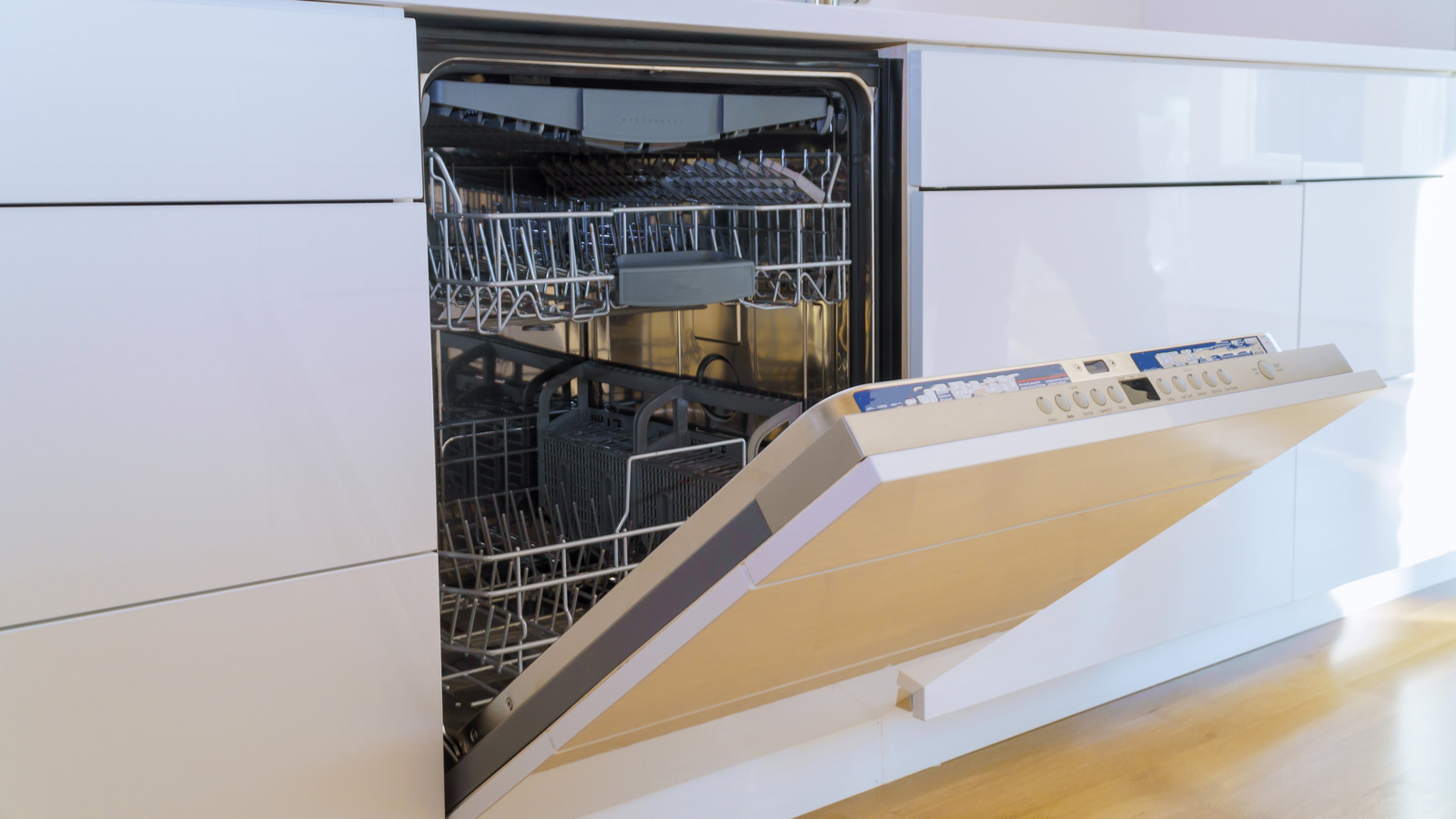
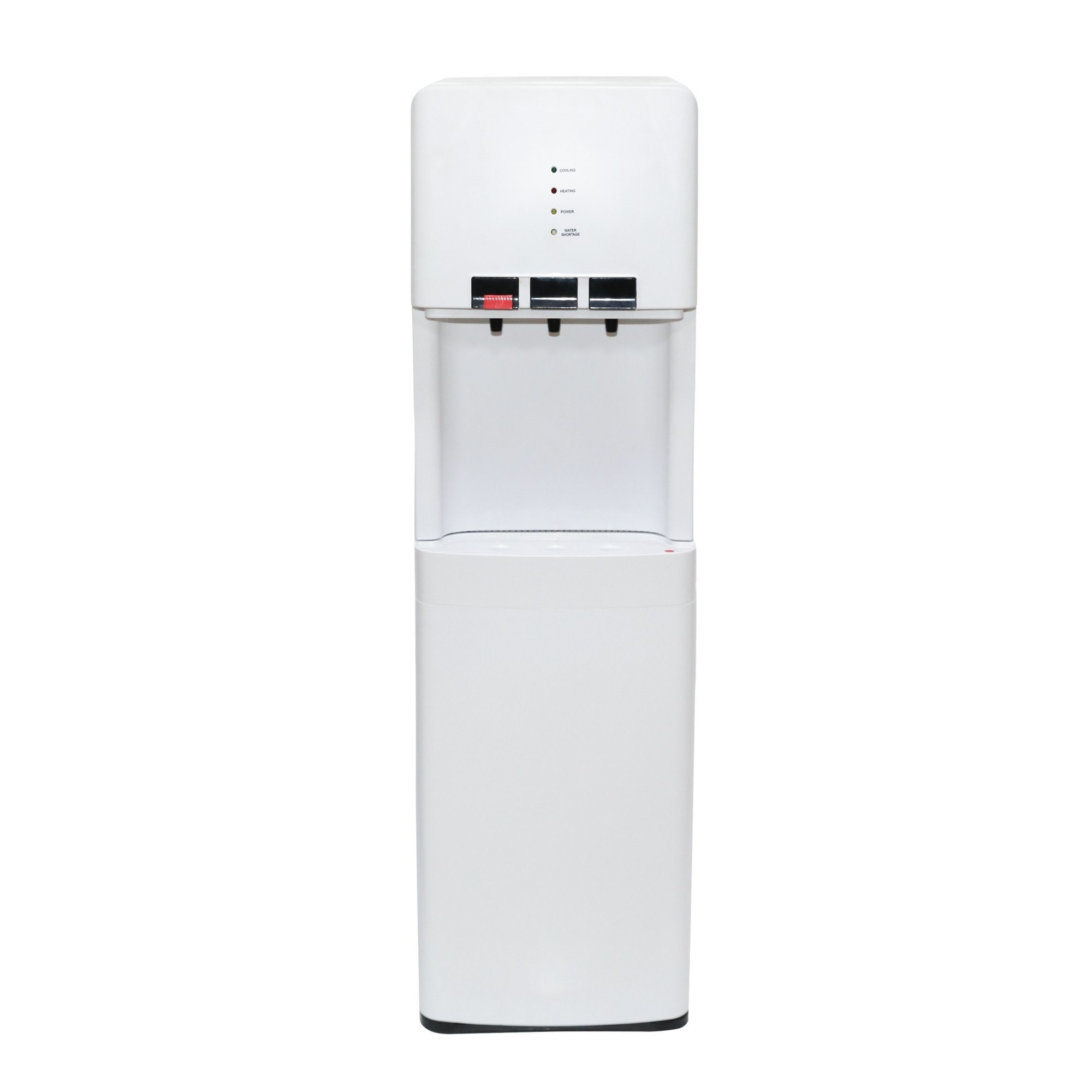
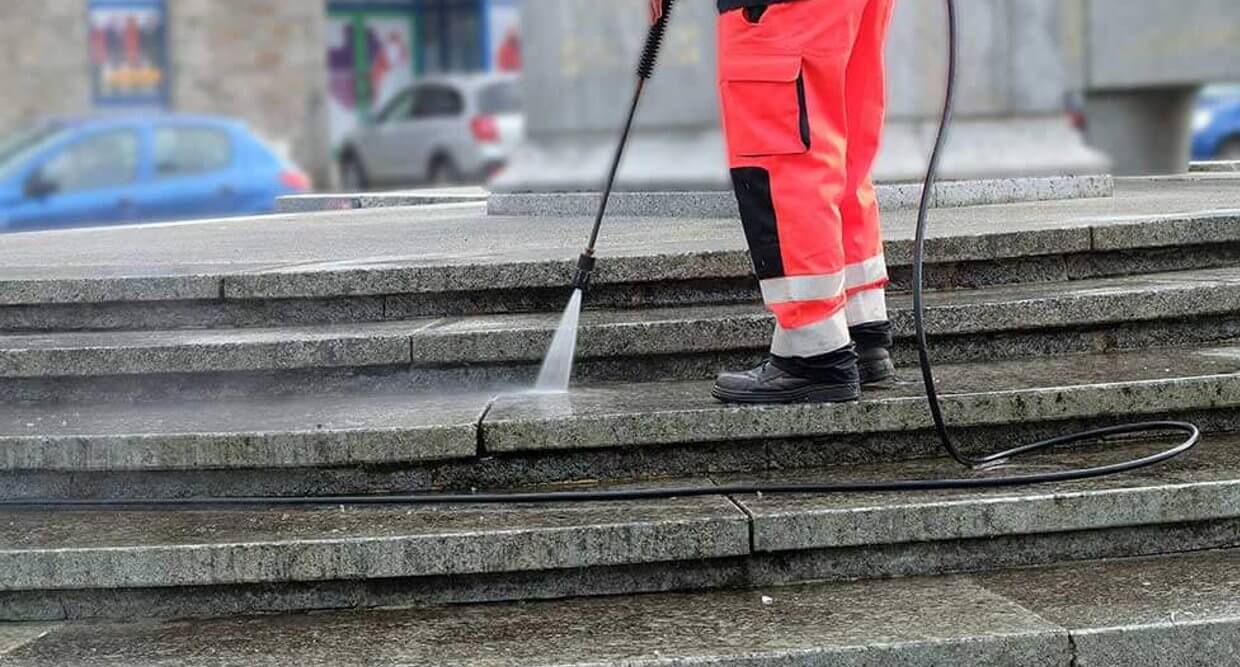

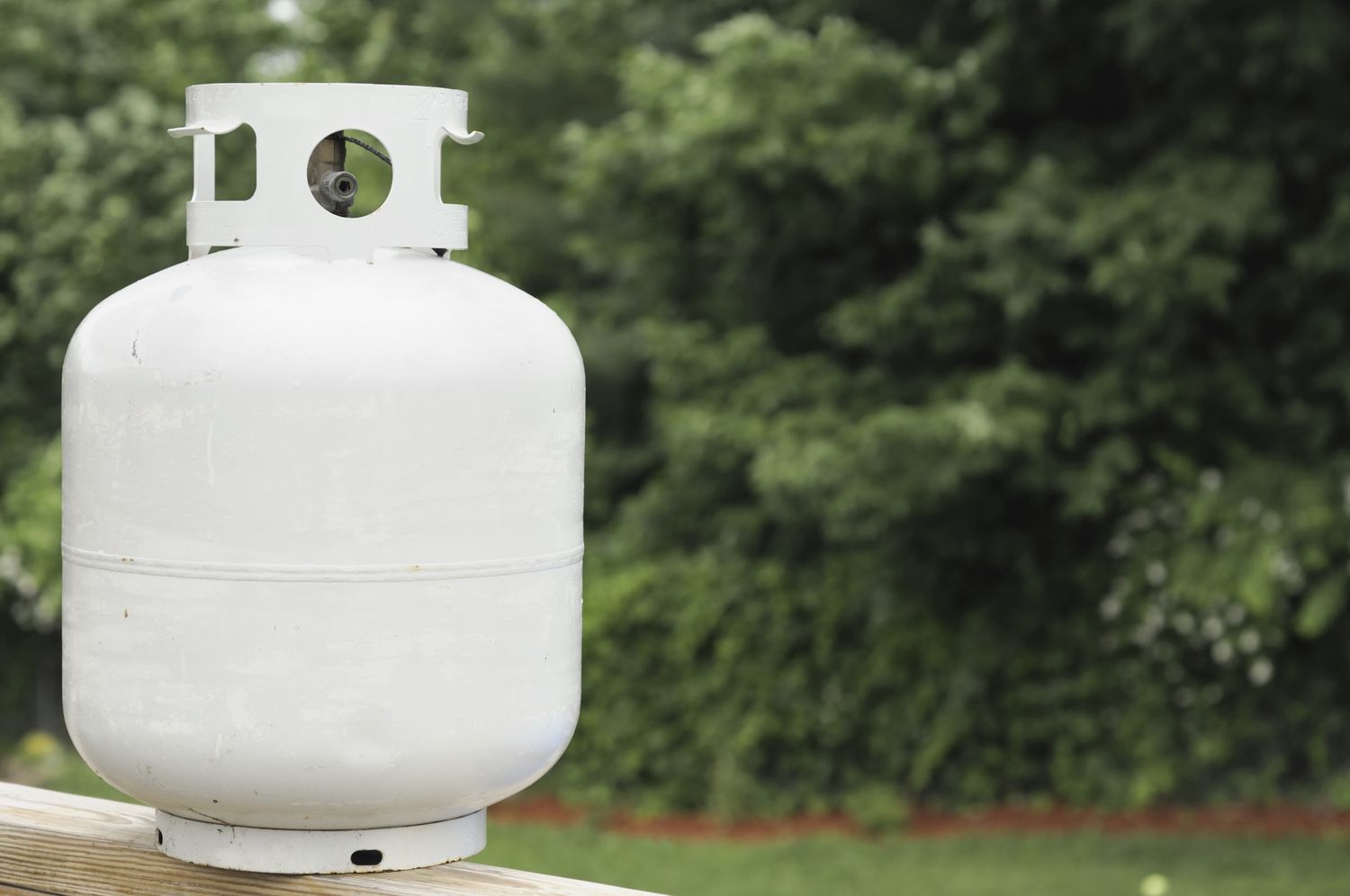
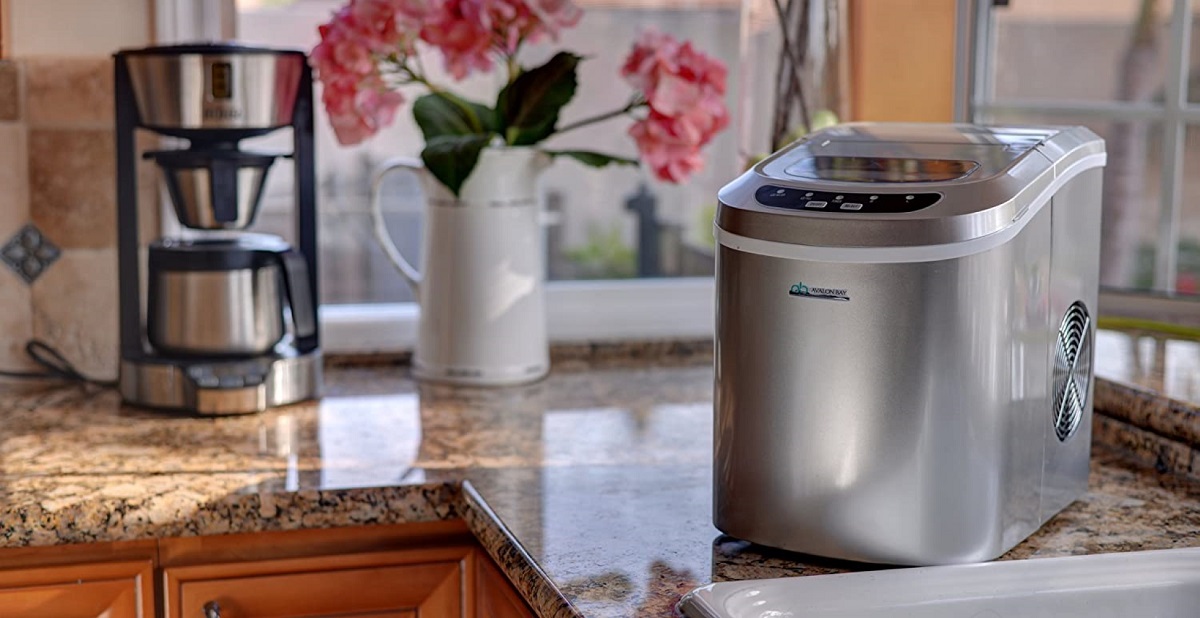
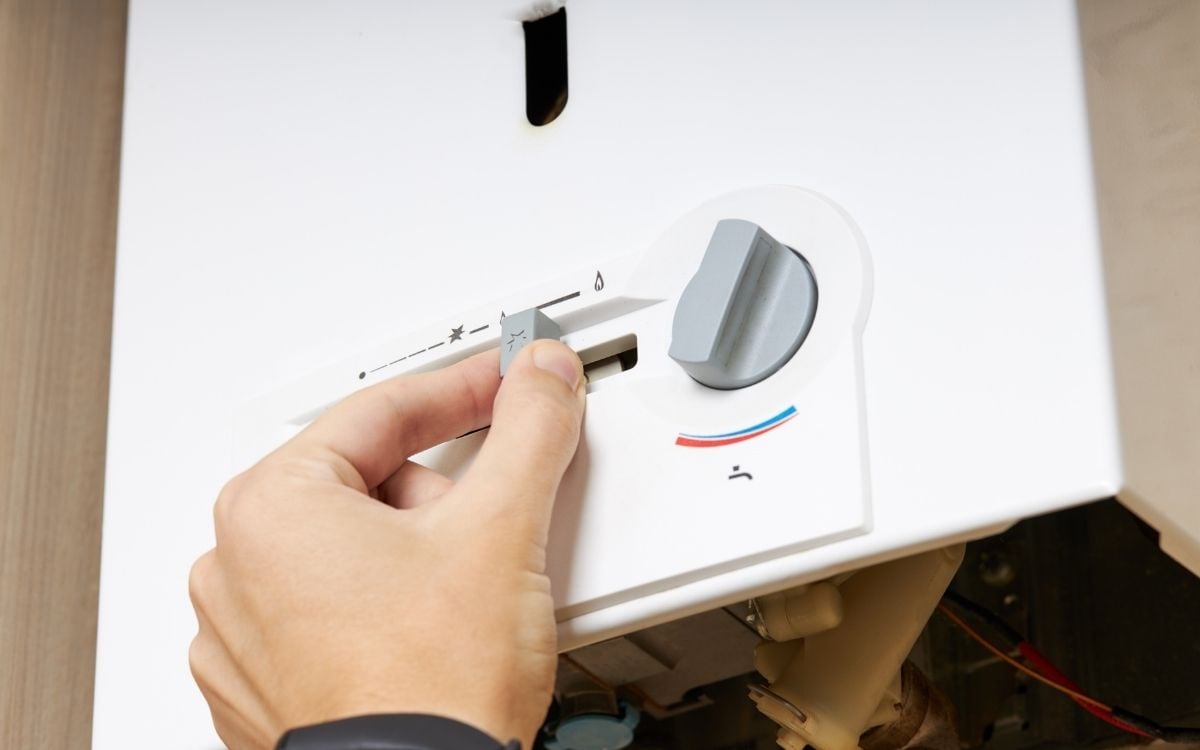
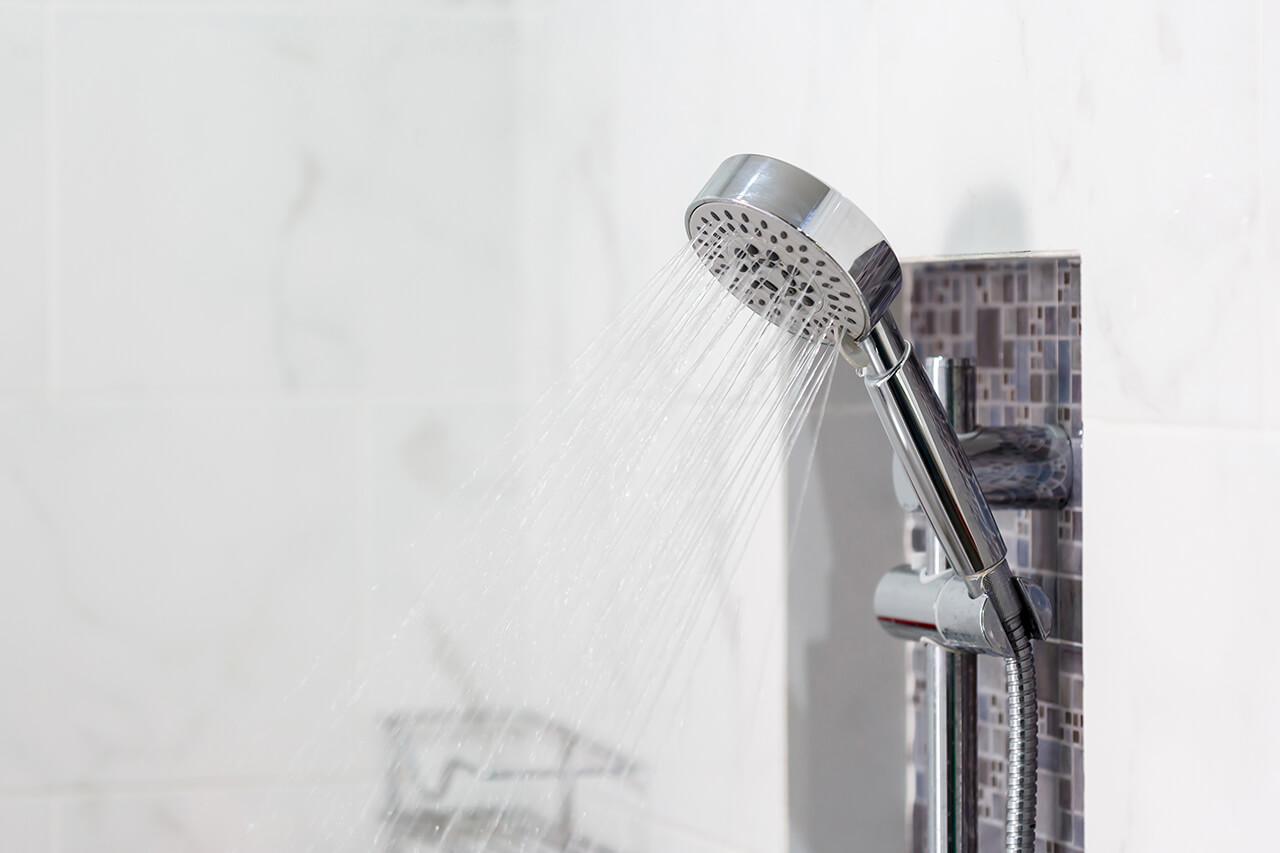
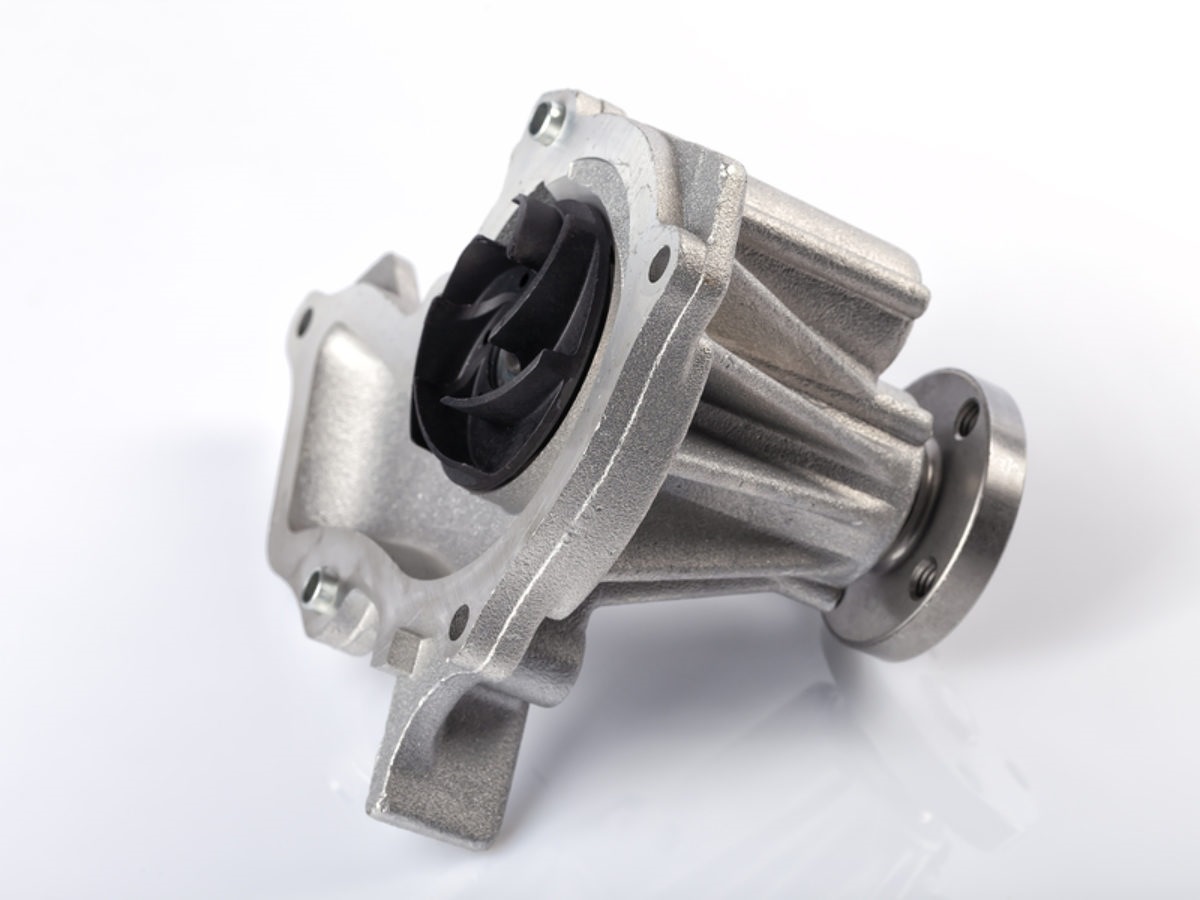
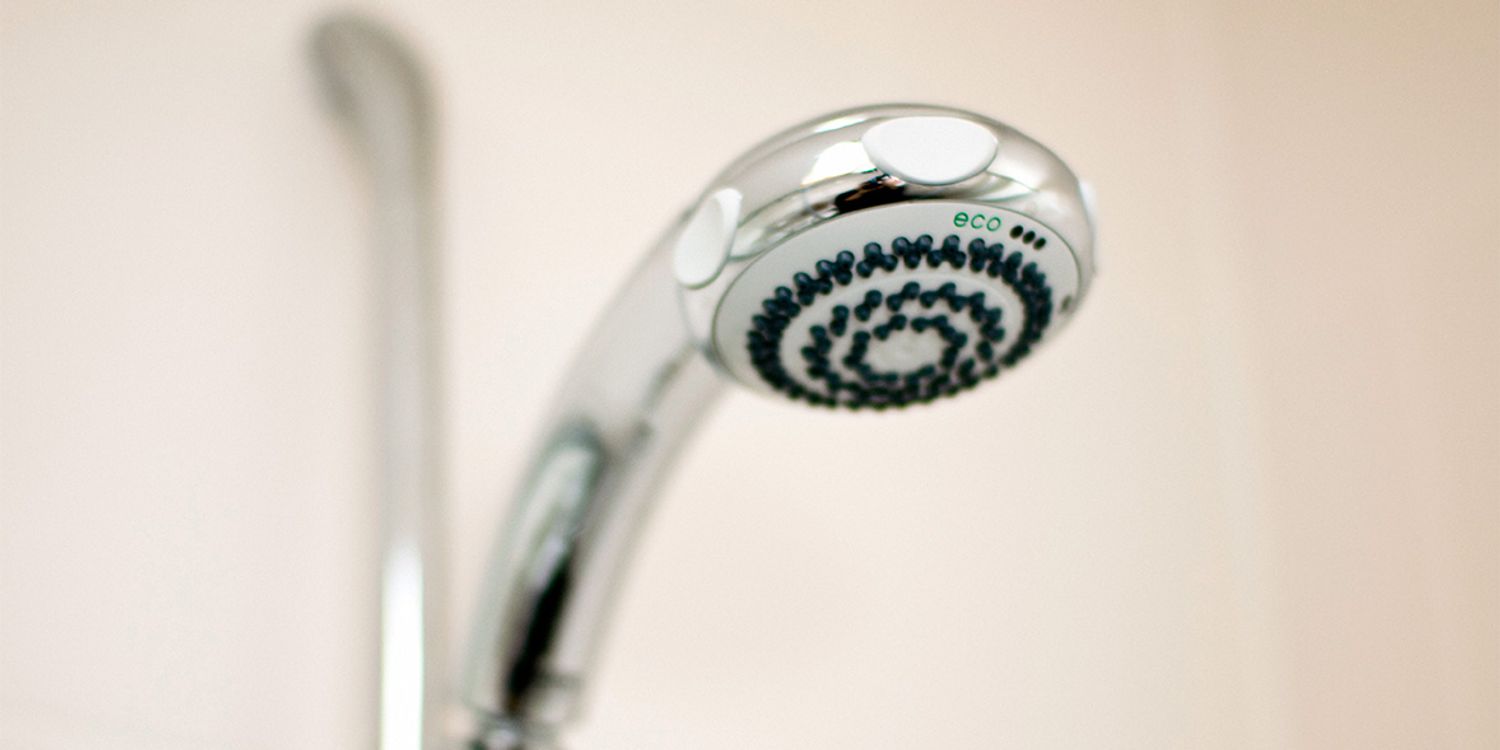
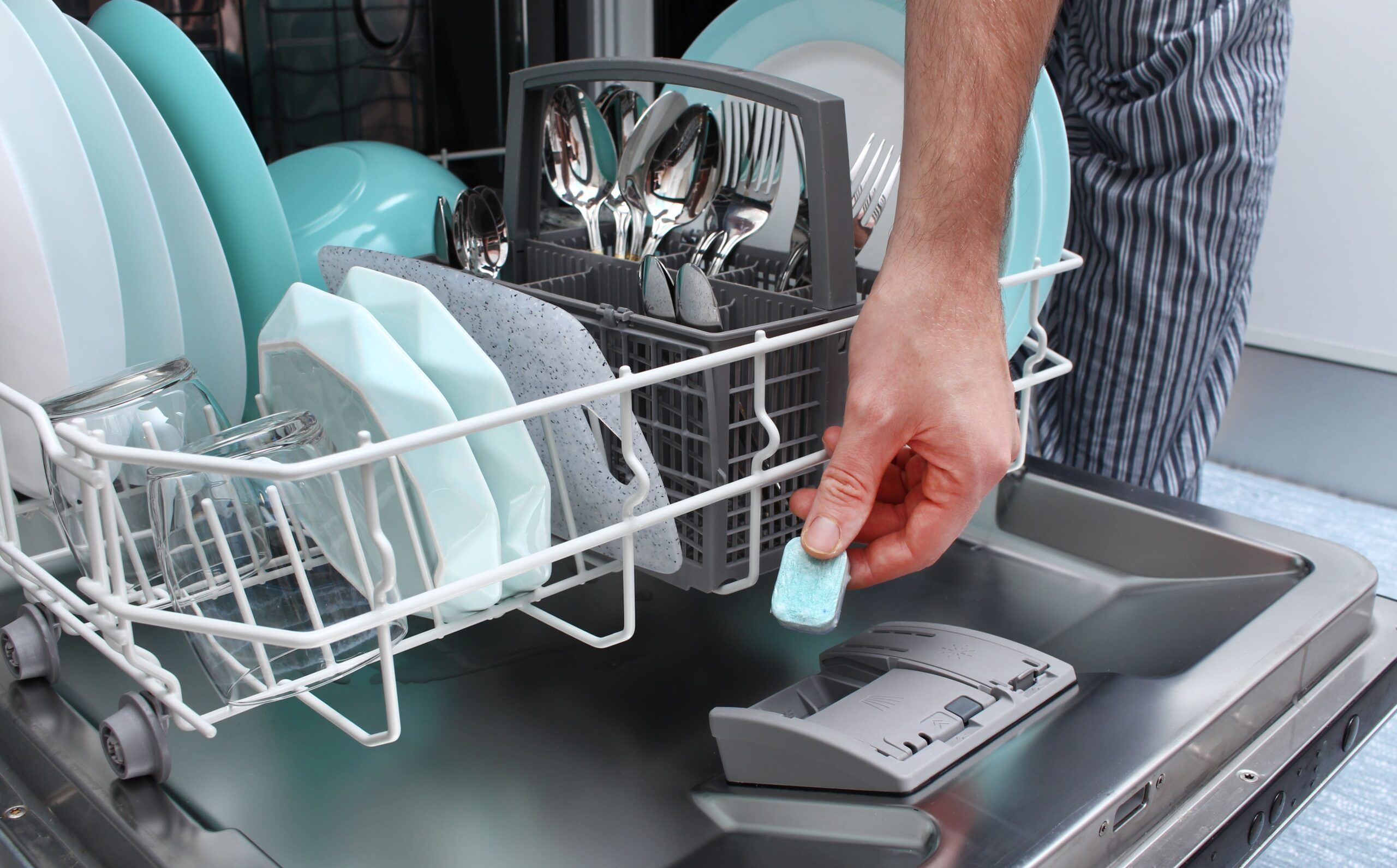


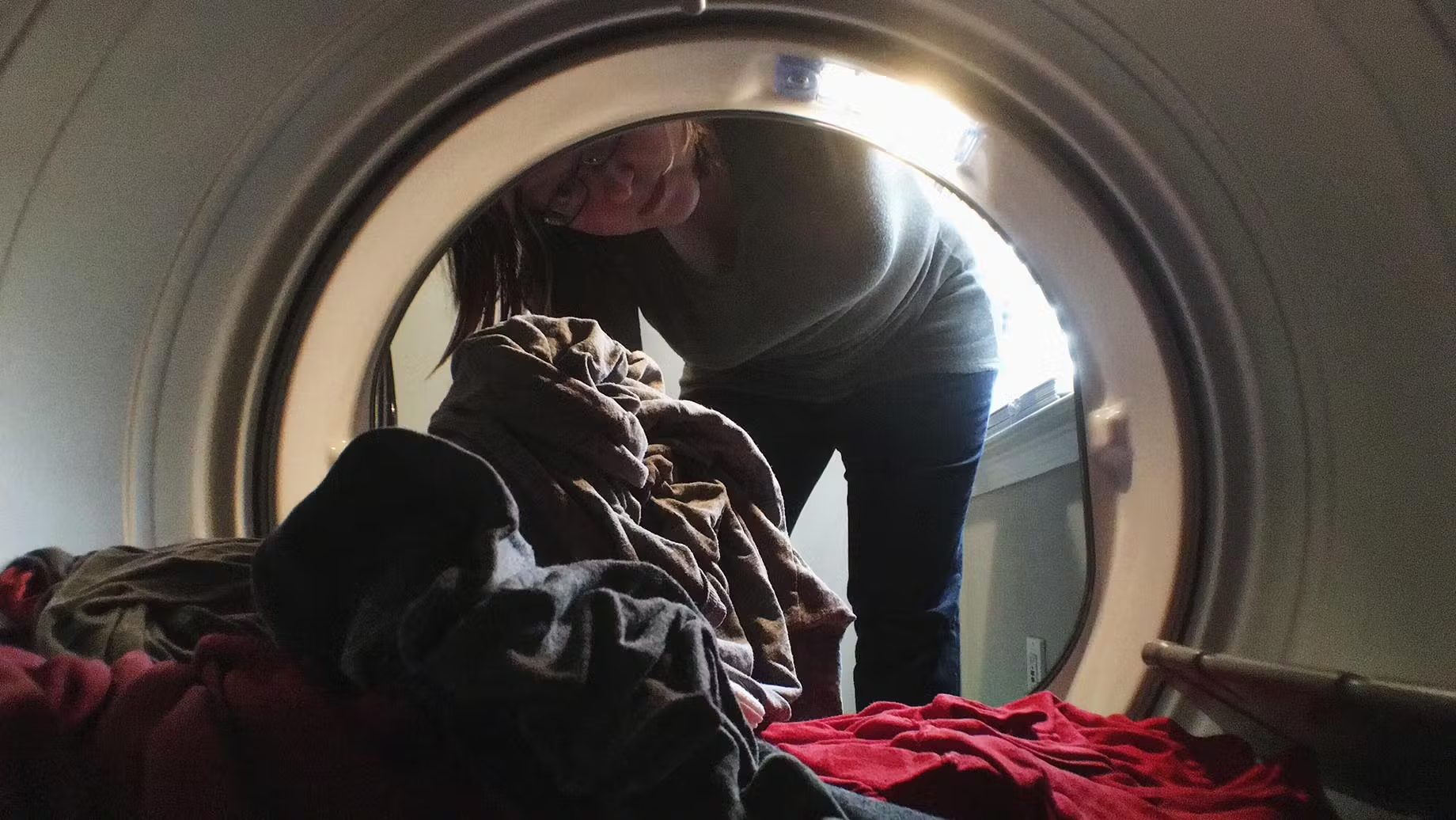

0 thoughts on “How Much Water Does Dishwasher Use”